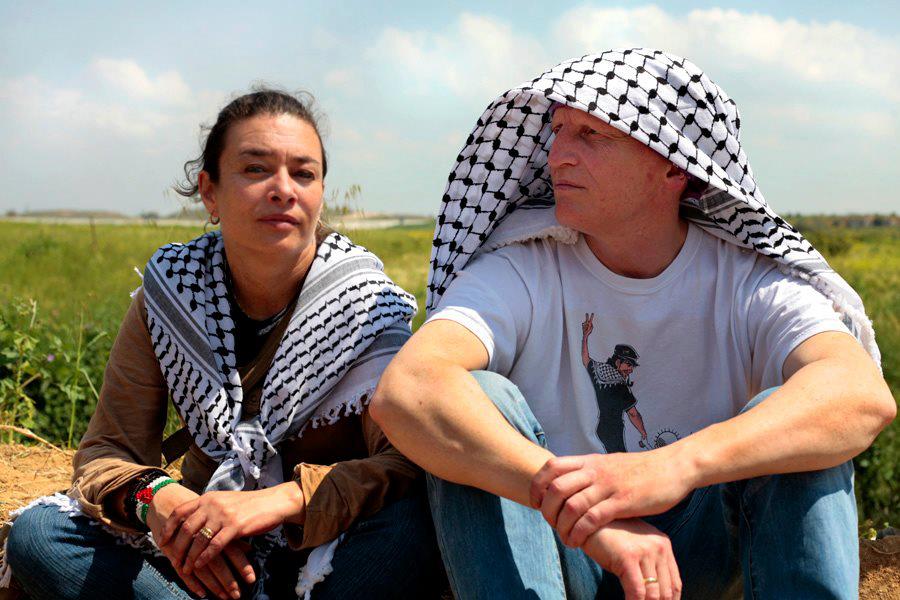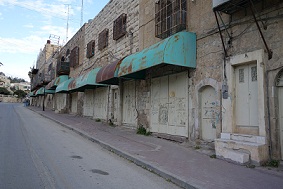Category: Reports
-
Updated: Nabi Saleh three are free! Free the Nabi Saleh three: Donate now!
11th March 2014 | International Solidarity Movement | Nabi Saleh, Occupied Palestine *Read in other languages: Bulgarian/ French/ German/ Italian Updated 16th March: The Nabi Saleh three have now been freed from Ofer prison. Thank you for all your support, Jihad, Mahmud, and Rami Tamimi are now at home with their families. However, Israeli forces yesterday arrested Baha and Oday Tamimi…
-
“When we see that our efforts are making a difference, it is easier to continue”
11th March 2014 | International Solidarity Movement, Charlie Andreasson | Gaza, Occupied Palestine On Christmas Day 2013, a small armada of tank trucks drove around Jabaliya, the largest refugee camp in the Gaza Strip and one of the areas severely affected during the recent floods. Clean water is in short supply here, and many households are forced…
-
ISM volunteers attacked by Zionist tourists in Hebron
Two ISM activists walking on Shudaha Street area were brutally attacked by French Zionist tourists who were visiting to attend the weekly settler tour of the Palestinian part of Hebron. At around 1:30 PM the activists were walking in the direction of Shuhada Street when the 6 young men rounded the corner, upon seeing the activists…



